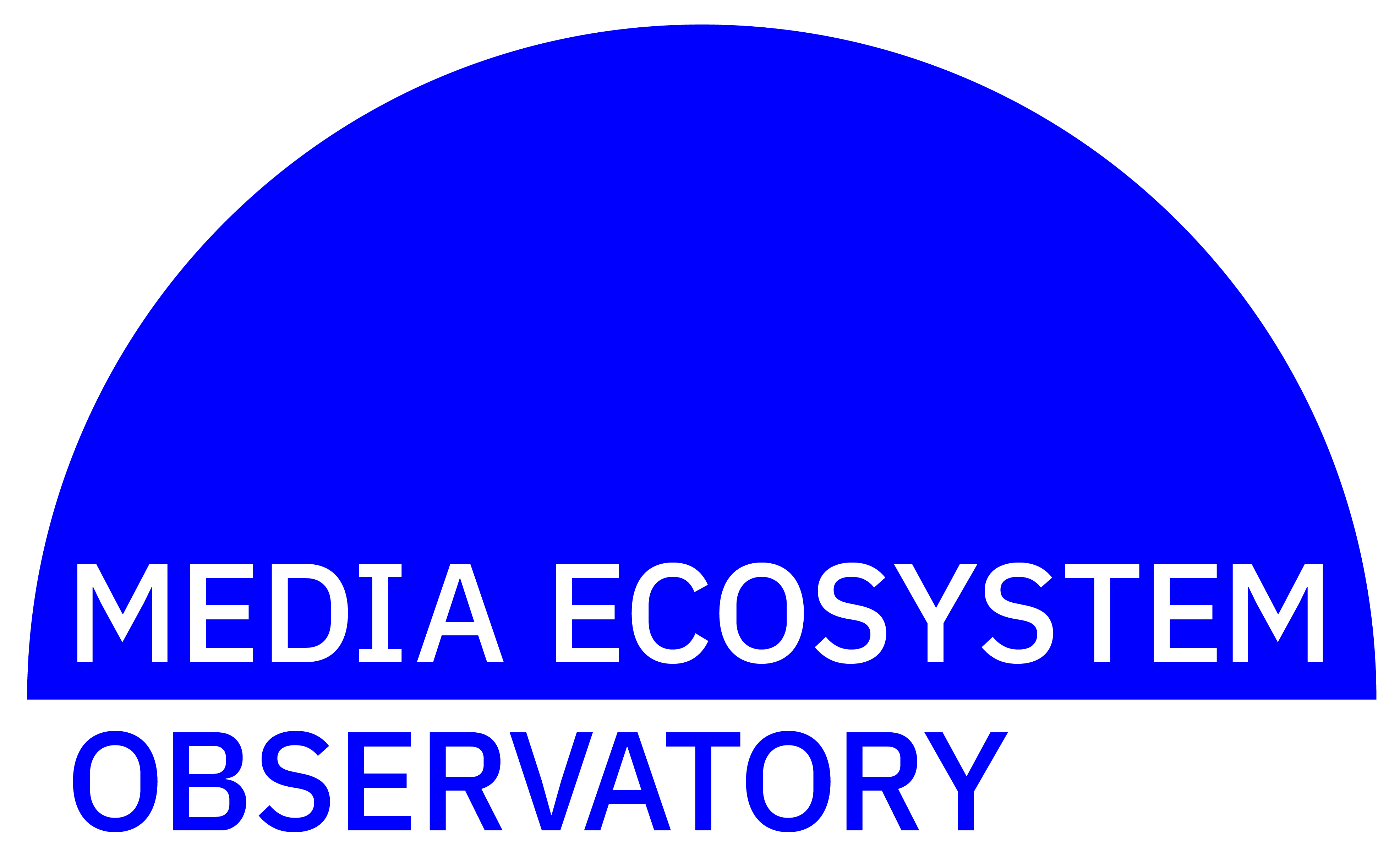Understanding vaccine hesitancy in Canada: attitudes, beliefs, and the information ecosystem
- 65% of Canadians intend to take a vaccine, with some slight erosion since a high in July. Approximately 15% of Canadians are unwilling and 20% are unsure.
- Our best opportunity to reach those who are unsure is to address important concerns around the safety and effectiveness of the vaccine.
- Among those who do not plan to take a vaccine, many also believe that COVID-19 is not a serious threat. It will be very difficult to convince these individuals to take a vaccine. The efficacy, safety, country-of-origin, type of vaccine, and other characteristics of a hypothetical vaccine simply do not matter to this population, whereas for other Canadians these characteristics are critical for their decision to vaccinate or not.
- Canadians are increasingly talking about vaccines on social media. The overall positive sentiment that health officials have promoted regarding vaccines hasn’t taken hold in these conversations, however.
- There is minimal coverage of vaccine conspiracies in Candian mainstream media. Instead mainstream media coverage has focused on stories about development, provision, and access, with wide scale vaccination highlighted as the solution to the pandemic.
- Despite this positive coverage, vaccine-related stories from independent outlets have appeared on social media that more heavily feature conspiratorial thinking and cynicism about vaccines. This type of content tends to elicit stronger and more emotional responses from Canadians, which may cause this content to spread more widely and rapidly on social media platforms.
- The vaccine conversation on social media largely originates from U.S.-based discussions. Canadians on social media are heavily influenced by U.S.-based information and are far more likely to propagate non-Canadian content. This flood of U.S.-based information represents a unique Canadian vulnerability, where Canadian elites, medical professionals, scientists, and journalists may be comparatively less able to reach and inform Canadians.
Read full report here.
